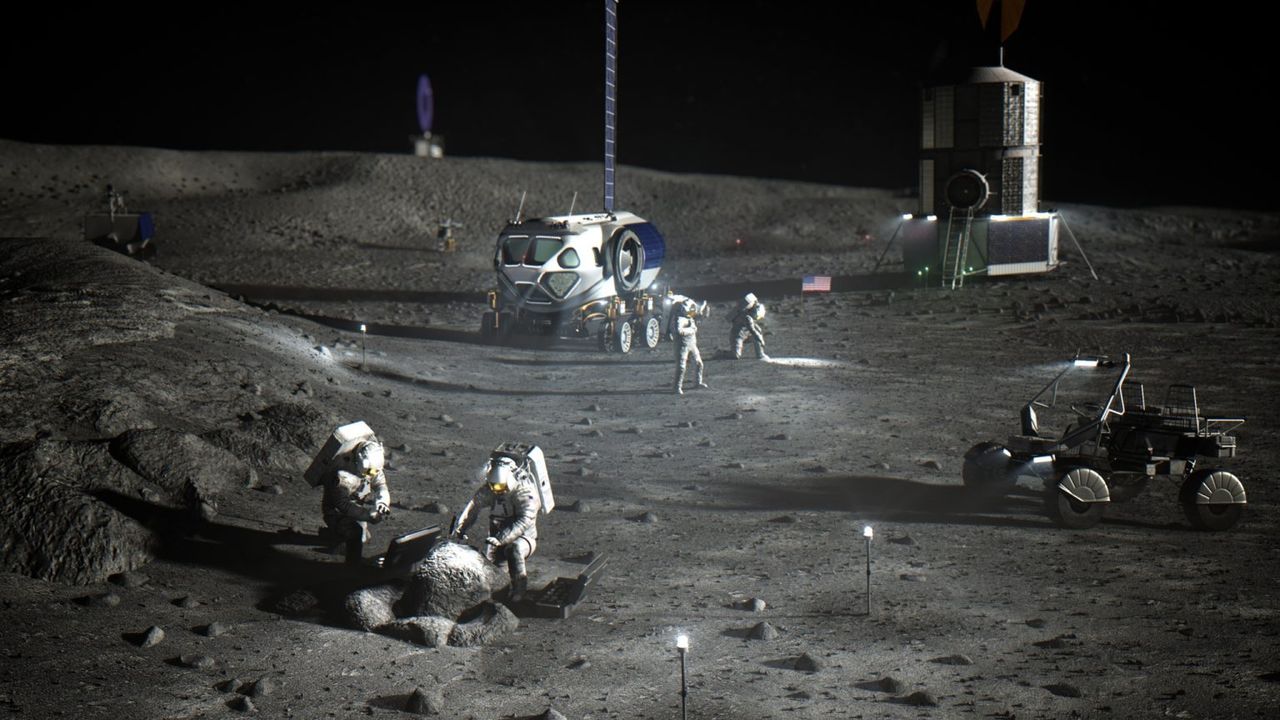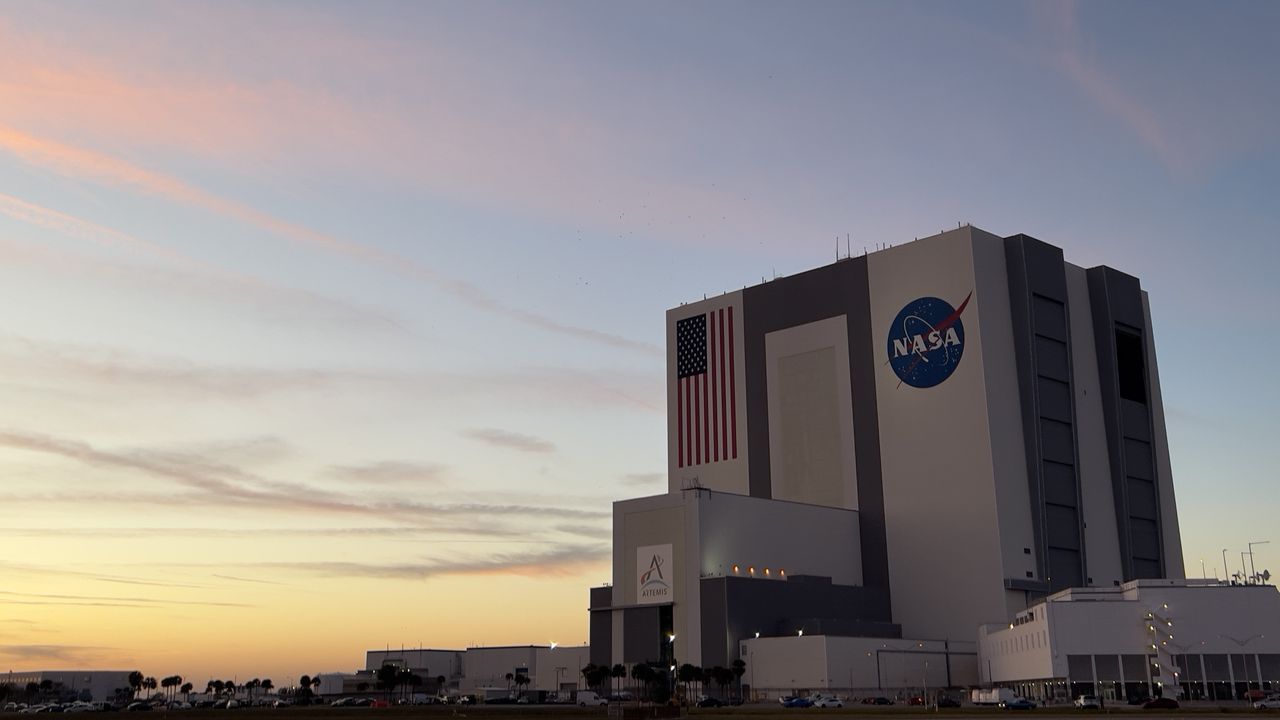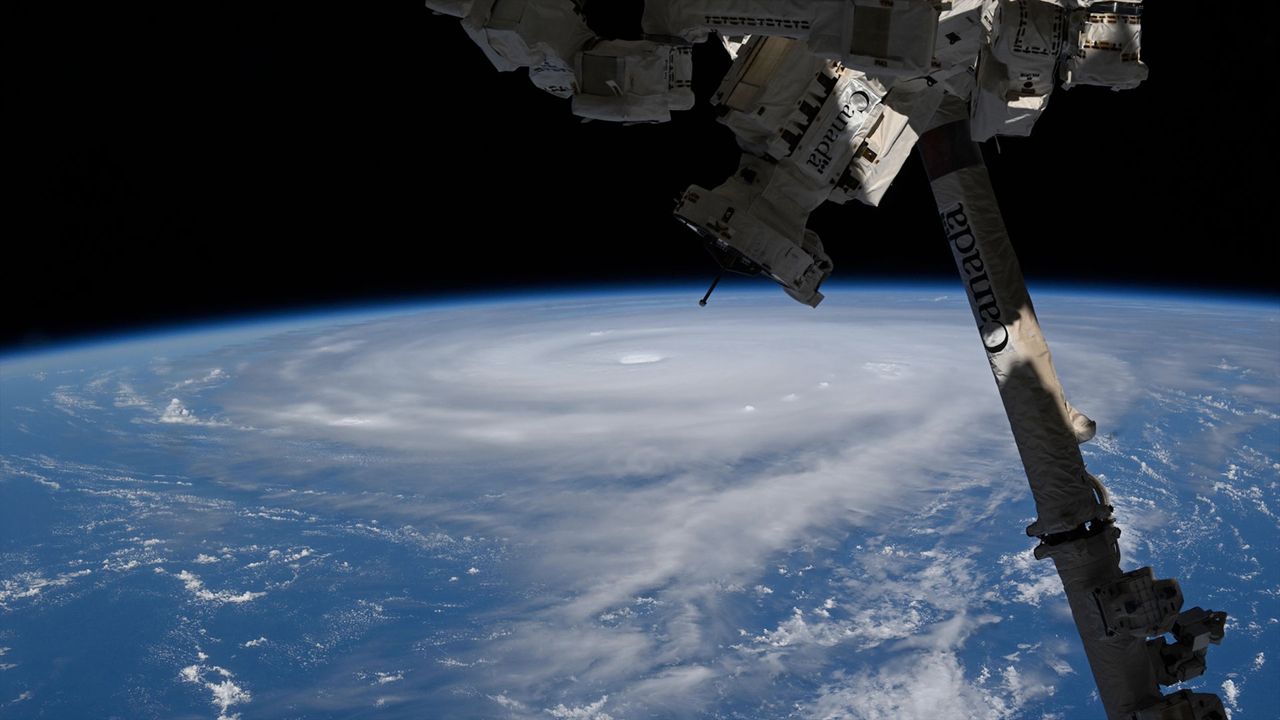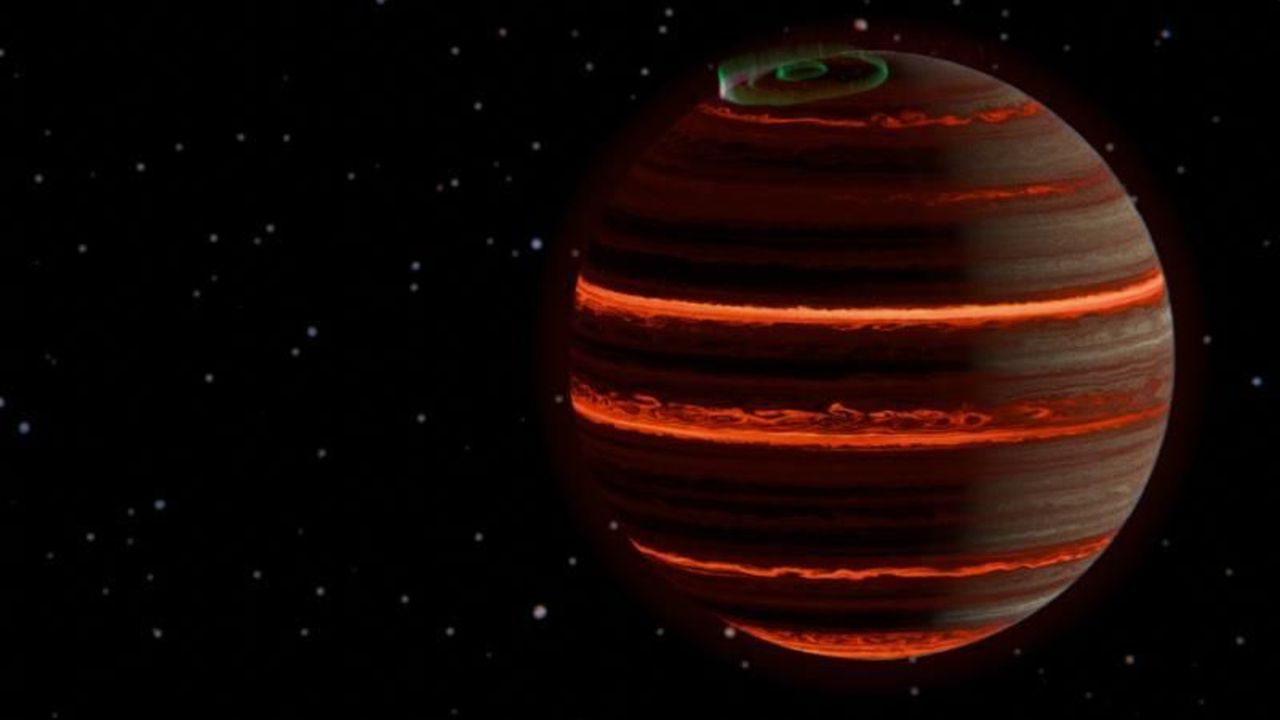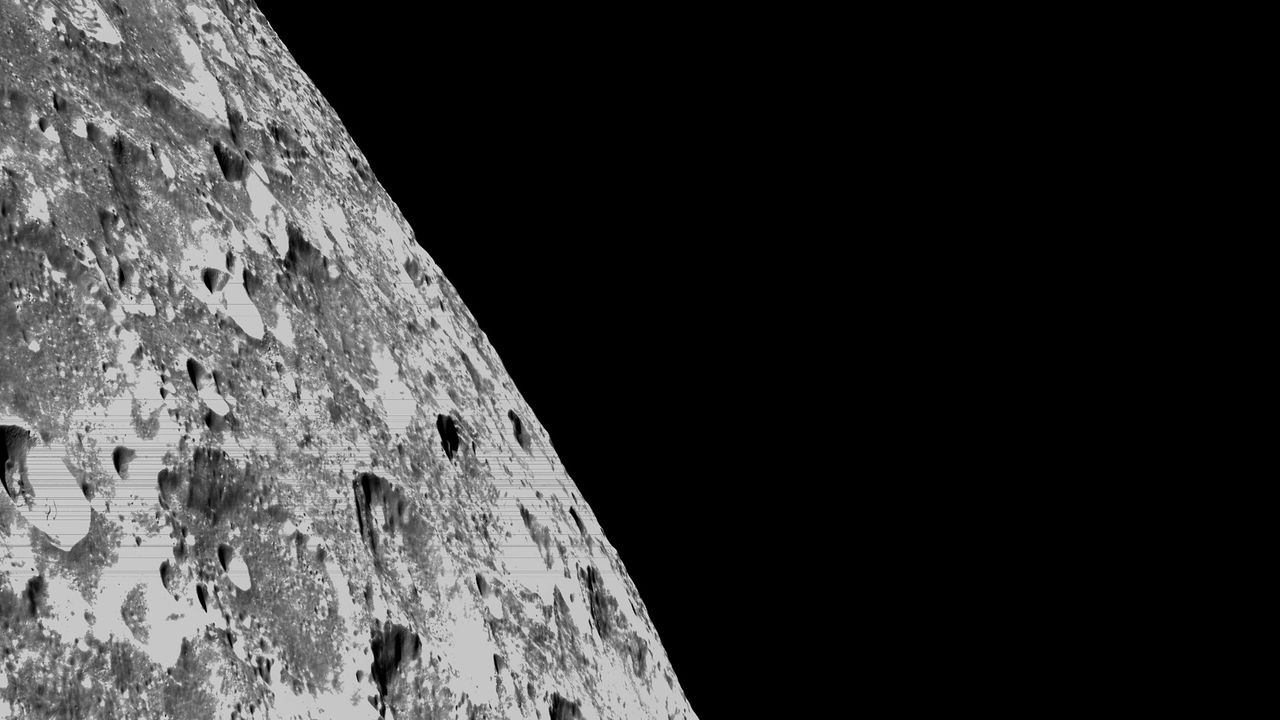Are We Alone? NASA’s Habitable Worlds Observatory Aims to Find Out
PositiveScience
NASA's Habitable Worlds Observatory is set to revolutionize our understanding of the universe by determining if Earth-like planets are common. This mission is crucial as it could lead to significant discoveries about potential life beyond our planet, sparking curiosity and excitement about the possibilities that lie in the cosmos.
— Curated by the World Pulse Now AI Editorial System
